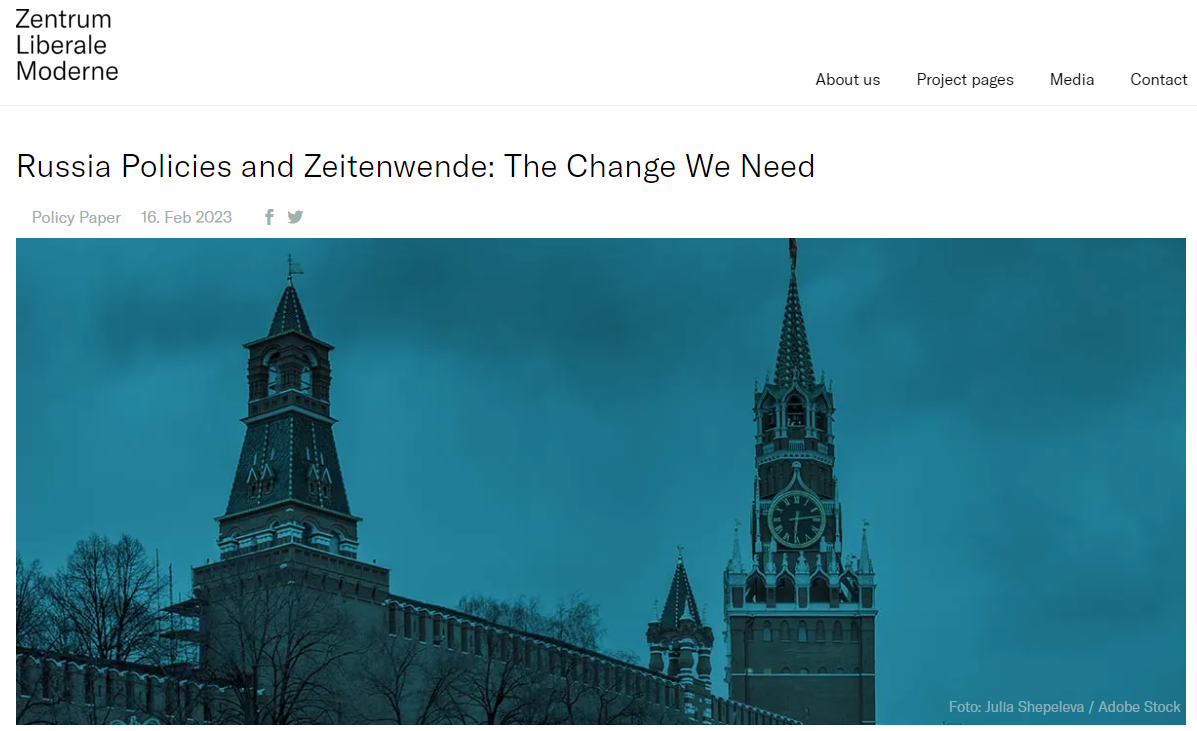
In a policy paper titled ‘Poland’s Triangular Russia Policy,’ Janusz Reiter discusses the complex relationship between Poland and Russia, considering the significant role of Germany and Ukraine. Polish-German and Polish-Ukrainian relations have always been asymmetrical. Germany and Russia have been crucial players for Poland, and historically, they were seen as enemies. However, for Germany, only Russia holds the status of a ‘decisive partner.’ Ukrainians have traditionally defined their geopolitical position in relation to Russia and Poland, occasionally showing unrequited affection for Germany. In contrast, Russia has long relied on Germany, failed to reach an agreement with Poland, and refuses to acknowledge Ukraine as a sovereign state and nation.
Russia exerted direct influence over Poland from the partitions in the eighteenth century until 1989. Since the early 1990s, Polish foreign policy aimed to align with the West and gain independence from the East. As part of this process, Poland recognized Ukraine, which became a buffer between Poland and Russia. However, many Western countries, including Germany, displayed skepticism towards Ukraine following the collapse of the Soviet Union. In recent years, numerous Western nations attempted to reset relations with Russia, achieving economic success but not political progress. The full-scale Russian invasion of Ukraine in 2022 renewed recognition of the threat from Russia and revitalized Polish-Ukrainian relations.
Only after the war ends will it become evident whether a closer partnership between Poland and Ukraine will be established. The increasing isolation of Poland from the West does not facilitate this process. Critics accuse the Polish government of adopting Eastern methods. While the ruling right-wing may give the impression of being anti-Western, fortunately, this sentiment does not translate into actual politics. Ukraine’s sovereignty and Russia’s defeat could represent a positive turning point in Polish geopolitics. However, for this to occur, Europe and the transatlantic community must emerge stronger from this conflict, and Poland must actively contribute to this endeavor.
Janusz Reiter, Chairman of the CIR Board, highlights these points.



![“Poland’s intricate relationship with Russia is closely intertwined with Germany and Ukraine. Simultaneously, Poland’s experience with Russia holds significant importance within the broader European relationship with Russia,” written for Zentrum Liberale Moderne, Janusz Reiter, Chairman of the CIR Board [16.02.2023]](https://csm.org.pl/wp-content/uploads/2023/05/SQUARE_1280-300x300.jpg)
![“Poland’s intricate relationship with Russia is closely intertwined with Germany and Ukraine. Simultaneously, Poland’s experience with Russia holds significant importance within the broader European relationship with Russia,” written for Zentrum Liberale Moderne, Janusz Reiter, Chairman of the CIR Board [16.02.2023]](https://csm.org.pl/wp-content/uploads/2023/02/japans-300x179.png)